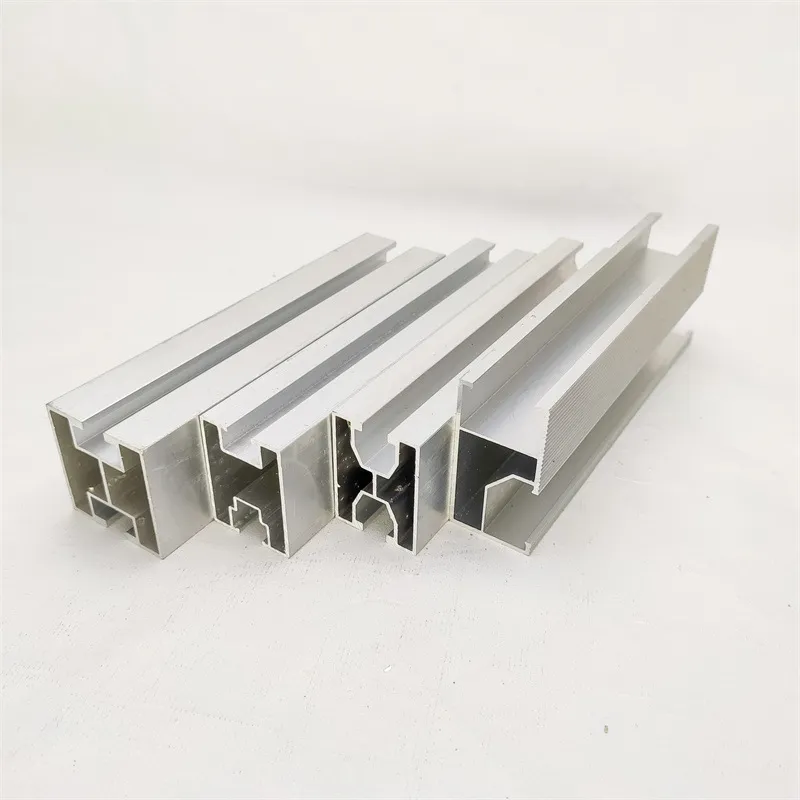

Brass Flange Nut Specifications and Applications for Industrial Uses and Installations
10月 . 16, 2024 09:45 Back to list
Brass Flange Nut Specifications and Applications for Industrial Uses and Installations
Understanding Brass Flange Nuts Key Features and Applications
Brass flange nuts are a vital component in various fastening applications due to their unique properties and versatility. These nuts are designed with an integrated flange— a flat, circular disk that surrounds the nut's base, providing extra support and stability when fastening. This feature helps distribute the load evenly, reducing the risk of damage to the materials being joined. In this article, we will explore the characteristics, benefits, and applications of brass flange nuts, highlighting why they are a preferred choice in many industrial sectors.
Key Characteristics of Brass Flange Nuts
Brass is an alloy primarily composed of copper and zinc. This composition gives brass flange nuts several desirable characteristics
1. Corrosion Resistance Brass is known for its excellent resistance to corrosion, particularly in environments exposed to moisture and chemicals. This makes brass flange nuts suitable for applications in plumbing, marine, and chemical sectors where rust and deterioration can pose significant problems.
2. Durability Brass is a robust material that offers good tensile strength and resilience. Brass flange nuts can withstand considerable stress without deforming, making them reliable for high-pressure applications.
3. Ease of Installation The flange design allows for quick and easy installation, as it helps in aligning the nut with the corresponding bolt. This feature is particularly advantageous in assembly lines and maintenance operations where efficiency is crucial.
4. Electrical Conductivity Brass exhibits good electrical conductivity, making brass flange nuts a favorable choice in electrical applications. Their ability to provide secure connections that require electrical continuity is essential in many electronic devices.
Benefits of Using Brass Flange Nuts
The use of brass flange nuts comes with various benefits that enhance their functionality
- Load Distribution The flange helps distribute the load over a wider area, minimizing the risk of damaging the surface beneath. This feature is particularly important when securing materials that are softer or more susceptible to deformation.
brass flange nut

- Reduced Risk of Loosening The design of brass flange nuts can help prevent loosening under vibration and dynamic loads. This is critical in applications where machinery operates at high speeds or where components are subjected to movement.
- Aesthetic Appeal Brass has a distinct golden-yellow color that can enhance the aesthetic appeal of a product or assembly. In consumer-facing applications, the visual quality of a fastener can influence purchasing decisions.
Applications of Brass Flange Nuts
Brass flange nuts are widely used across various industries due to their properties and benefits
- Automotive Industry In automotive assembly, these nuts are often used to secure components requiring resistance to environmental factors and vibrations.
- Plumbing In plumbing applications, brass flange nuts can be found in water supply and drainage systems where they provide leak-proof and durable connections.
- Electrical and Electronics Brass flange nuts are prevalent in electronic devices, where both mechanical stability and electrical conductivity are essential.
- Construction In construction, these nuts can be used in structural applications where load distribution is critical.
Conclusion
In summary, brass flange nuts are a versatile fastening solution that excels in providing strength, durability, and resistance to corrosion. Their unique design and properties make them suitable for a diverse range of applications, from automotive to plumbing and electronics. By understanding their characteristics and benefits, engineers and designers can make informed decisions when selecting the appropriate fasteners for their projects. Whether for industrial applications or DIY projects, brass flange nuts offer reliability and performance that can enhance the overall quality of assemblies.
Latest news
-
High-Strength Hot Dip Galvanized Bolts - LongZe | Corrosion Resistance, Custom Sizes
NewsAug.01,2025
-
Best Self Tapping Screws for Drywall - Fast & Secure Installation
NewsJul.31,2025
-
High-Strength Hot Dip Galvanized Bolts-Hebei Longze|Corrosion Resistance&Customization
NewsJul.31,2025
-
Hot Dip Galvanized Bolts-Hebei Longze Metal Products|Corrosion Resistance&High Strength
NewsJul.31,2025
-
Hot Dip Galvanized Bolts-About LongZe|High Strength, Corrosion Resistance
NewsJul.30,2025
-
High-Strength Hot Dip Galvanized Bolts - Hebei Longze | Corrosion Resistance, Customization
NewsJul.30,2025

